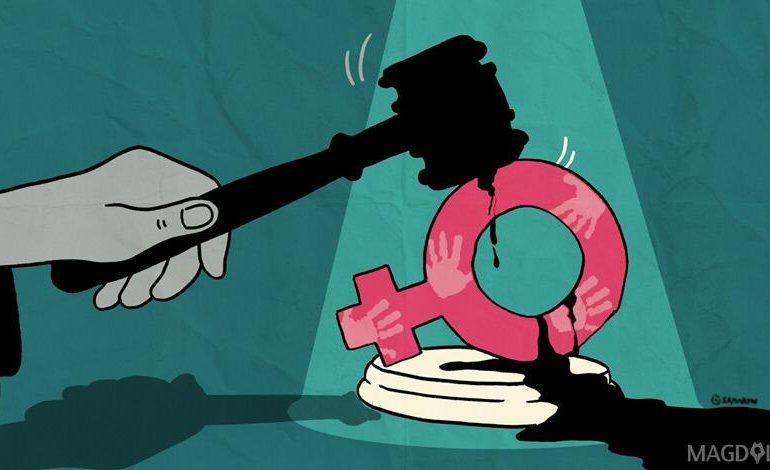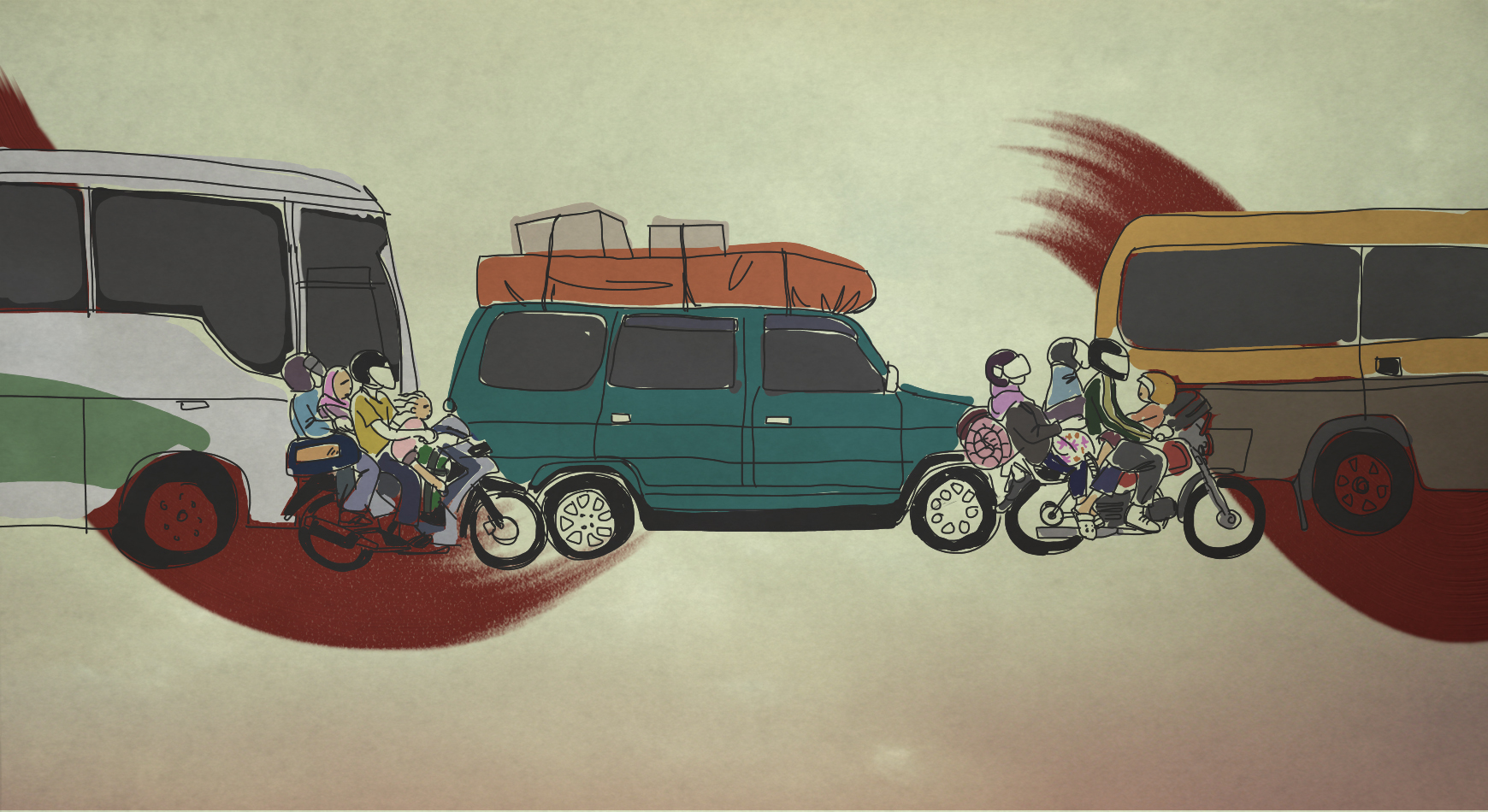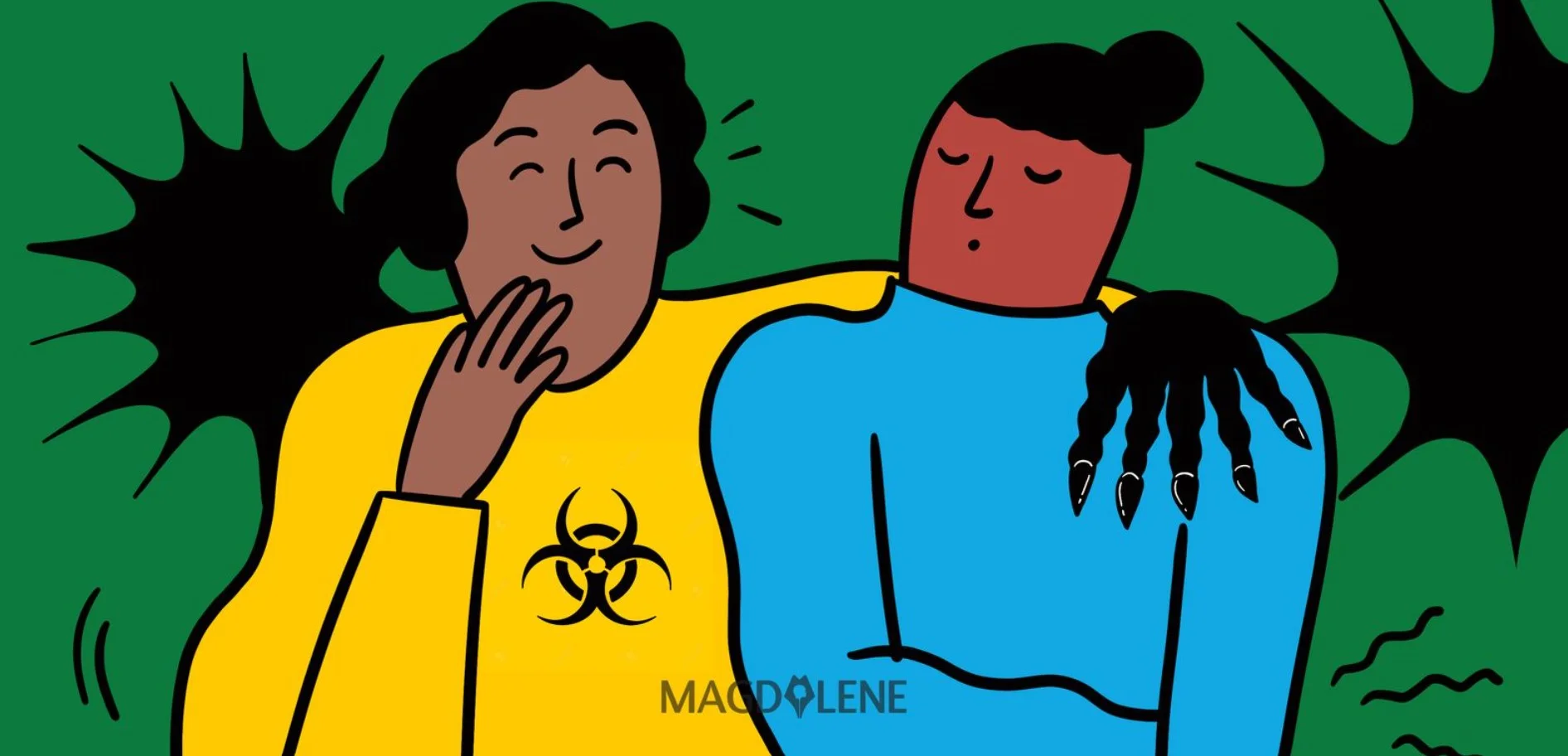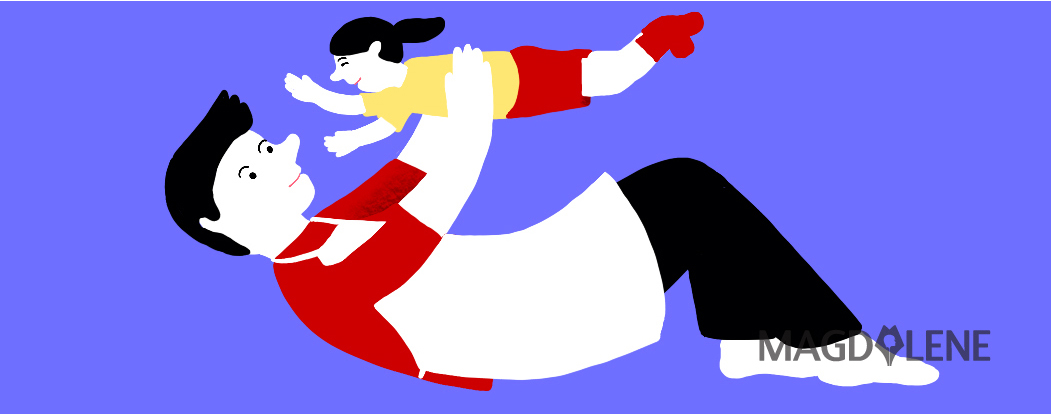Women with HIV: Stigmatized but Hopeful
In rural areas in Yogyakarta, more housewives are infected with HIV than are sex workers.
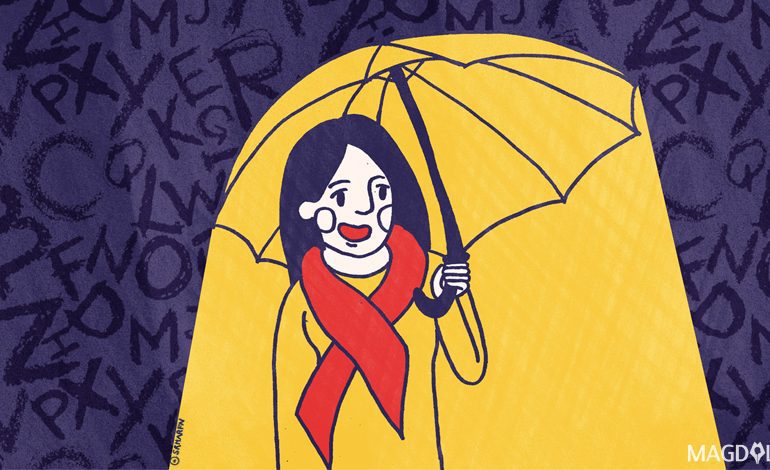
The sun is setting and on a bench in a humble outdoor area within a small residential neighborhood in Yogyakarta sits Mr. Gama Triono, the Executive Director of Perkumpulan Keluarga Berencana Indonesia (PKBI) Yogyakarta. He picks out cigarette as the rain slowly starts to fall, and, inhaling his kretek, he starts to talk about his organization’s work with people with HIV in the area.
PKBI does a lot of work with the marginalized groups, providing education on HIV, offering HIV tests, and treating people infected with it. Contrary to the common presumption, LGBT people and sex workers are not the biggest groups people affected by HIV in many areas in Yogyakarta, he says.
“We discovered that in rural areas of Yogyakarta, the number of housewives infected with HIV is higher than that of sex workers,” he says.
HIV or Human Immunodeficiency Virus damages the immune system, potentially leading to severe infections and cancers over time if not treated. The late stage of HIV, Acquired Immunodeficiency Syndrome (AIDS), creates infections and cancers that normally wouldn’t affect healthy people. Having HIV doesn’t mean a person has AIDS and people receiving treatment for HIV are unlikely to develop it. There isn’t yet a cure for HIV or AIDS, but if treated properly the infected person can still live a decent life even without the risk of transferring the disease to other people.
Mr. Gama says the Indonesian society needs education about what HIV is in order to tackle it because ignorance only makes the situation worse.
“In Indonesia, politicians have this weird stance against HIV. They will openly say, they don’t support anything related to this sickness, because they only want to promote what they label as ‘good people,’” he said, shaking his head in frustration.
Sudden laughter comes from the distance. Out from the dark arrives two women, Krisna, PKBI Yogyakarta’s provincial coordinator of people with HIV, and Nia Viviawati, who heads the Yogya female sex workers union. Both cheerfully sit on the bench after politely greeting Mr. Gama. The lightbulb exposes two happy healthy-looking women, twenty-something with an aura of stunning positivity. No one would ever guess these women live with HIV.
The 37-year-old Krisna has lived with the disease for eight years. She recalls the moment she was diagnosed: “In 2010 I was unconscious in the hospital. This was when I was diagnosed with HIV.”
“At the time I was really scared when the doctor told me I had HIV. I thought I was going to die then. I didn’t know anything about HIV, so I thought everyone who had it was doomed to die soon,” she says, the smoke from her cigarette covers her polished blue nails:
But after talking about her situation with a hospital counsellor, which eventually led her to PKBI DIY, she gained hope: “He told me that I could still live. It gave me the strength to move on with my life. I was shocked because the doctor had said my life was over. Later, I found out you could live with this disease and still have a decent life quality.”
Because people with HIV are often associated with homosexuality and sex workers in Indonesia, many women hide their condition from their communities. For Krisna, however, it was vital to tell her relatives about the situation. She gained support from people around her and it changed her: “I’m never sorry for what happens in my life. I survive and HIV has made me a stronger woman. I’m sure that God loves me in his own way.”
UNAIDS estimated that around 630,000 Indonesians were living with HIV in 2017, a number that equals the population of Washington, D.C. In 2016 it was recorded that Indonesia had 48,000 new HIV infections compared to the year before and around 38,000 AIDS-related deaths. The World Health Organization states that Indonesia has the fourth largest number of new HIV infections per year, labelling it an epidemic in the country.
Nia, 28, has lived with HIV for 10 years after being infected by an ex-boyfriend. Letting the smoke from her cigarette travel through her silky hair, she remembers her feelings from the day of her diagnose: “I used to be a strong person, but at the time I considered committing suicide. I didn’t think there was a life for me anymore.”
But Nia realized that she still had something to live for. Her broken family wouldn’t be able to survive without her assistance. She found strength in her sense of responsibility for them and ultimately decided to fight for her life.
While she has accepted that HIV will stay with her for the rest of her life, she doesn’t expect her community to share the acceptance: “I don’t tell people in my area that I have HIV because I don’t want be stigmatized. If everyone knew, they would not socialize with me anymore.”
“I have a plan with my current boyfriend. We are going to get married and have a good life. That’s what we agreed on. I’m sure it will happen,” she says.
Lasse Sørensen is a freelance journalist from Denmark, searching for his breakthrough as an international correspondent. He had never really wanted to become a journalist, but, fortunately, his father (a press photographer) inspired him into the field.


